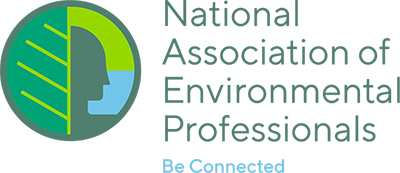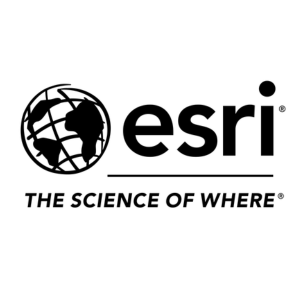One of the human attributes that I absolutely believe in is a code of ethics or standard by which to live – professionally and personally. NAEP expects environmental professionals to live by their “Code of Ethics and Standards for Practice for Environmental Professionals.” As an organization IdAEP, the Idaho Chapter of NAEP, adopted this code of ethics and standards and, consequently, we have the same expectation for our chapter members.
Here are a few 6words from the code: Honesty, Moral Philosophy, Integrity, and Fairness. These are powerful words when used in the context of our professional and personal life. Additionally, as part of NAEP’s code of ethics there is “zero tolerance for discrimination or harassment.” We are in extraordinary times dealing with the effects of a worldwide pandemic that is affecting our professional and personal lives in a very real and tangible way. In the past few months we as a nation have added to the stress of COVID with a very visible, emotional civil unrest. This is not a political statement – it is very much the opposite. I believe we all have an obligation that is basic to the human race to practice and live by a greater ethical standard that requires us to cultivate a moral compass that helps us distinguish right from wrong, helps us to deeply understand the importance of diversity, equity and inclusion.
At times we may seem isolated here in Idaho, isolated from the unrest around the nation; but I find it difficult to ignore (and we shouldn’t) the human concerns being expressed across the U.S. and the world. I certainly do not want to oversimplify the very real issues causing the unrest we have all witnessed, but today give some thought to your own ethical standards and moral compass in relation to all our neighbors. If you can be anything today, be kind, be thoughtful, and ethical. In closing I share with you the opening paragraphs of NAEP’s Code of Ethics and Standards of Practice for Environmental Professionals.
“The objectives of Environmental Professionals are to conduct their personal and professional lives and activities in an ethical manner. Honesty, justice and courtesy form moral philosophy which, associated with a mutual interest among people, constitute the foundation of ethics. Environmental Professionals should recognize such a standard, not in passive observance, but as a set of dynamic principles guiding their conduct and way of life. It is their duty to practice their profession according to this Code of Ethics.
As the keystone of professional conduct is integrity, Environmental Professionals will discharge their duties with fidelity to the public, their employers, clients, with fairness and impartiality to all. It is their duty to interest themselves in public welfare, and to be ready to apply their special knowledge for the benefit of mankind and their environment.”
Dr. John Irving
IdAEP Interim President
NAEP Fellow

